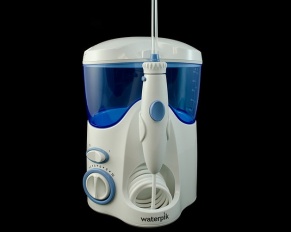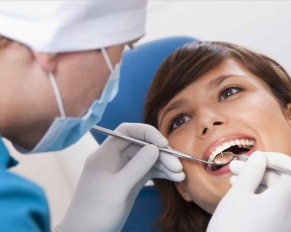One of the daily health tips every dentist is going to suggest to their patients is to brush their teeth every single day. You are more likely to have a pleasant experience if you find the right toothbrush and this will make it easier for you to stick with the regimen suggested by the dental professional. When you stand in front of the display in the store though it can be difficult to choose just the right toothbrush. Do you need a toothbrush with soft bristles, hard bristles or medium bristles? It’s important for the toothbrush to feel comfortable. Aside from comfort, are there any benefits to having a toothbrush with soft or hard bristles? Are there any features that makes one a better choice than the other? The answers to these questions might surprise you.




